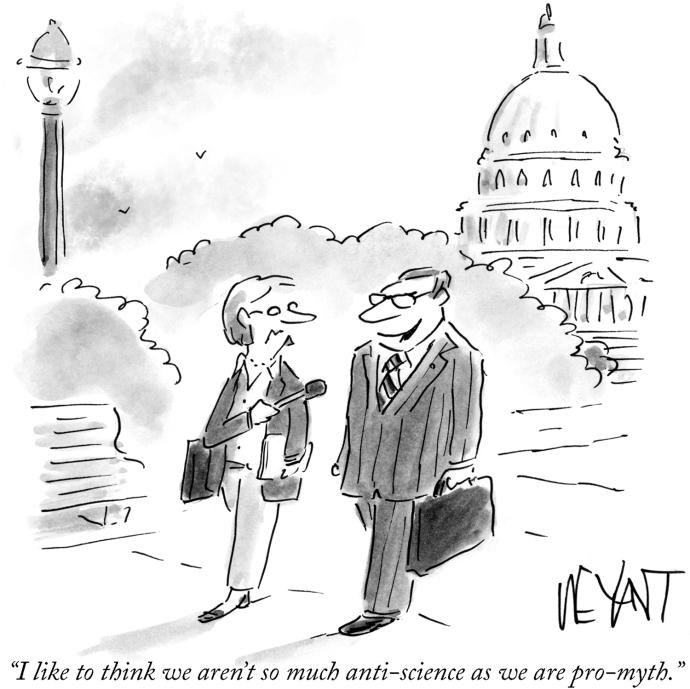To observe is immensely more than to merely see. We laugh at the funny instances that are presented in observational comedy because the comedian observed something in the real world, which we may or may not have paid attention to, and then the comedian pokes fun at it. Observation is the point of departure in that genre of comedy.
Observation, paying attention, is integral to how I understand the world. Not merely whatever that surrounds me, but also what others tell me--even via the written word. Especially the written word--it is my professional responsibility:
What a writer is supposed to do is pay attention. A good novelist pays attention to his characters. A good biographer pays attention to the documents before her. A good critic pays close attention to the thing she’s brought to evaluate.Even in my own small little world. The other day, I was on the bridge over the river enjoying the rare sun-break, when a guy walked up to me. In his bicycle gear from head to toe. I then spotted the bike parked a few feet away.
Paying attention is the only thing that guarantees insight. It is the only real weapon we have against power, too. You can’t fight things you can’t actually see. The power a writer has is the power to make things visible, and they are the things that we don’t typically look at or think about.
"Are you by any chance Sriram Khe? Who writes for the paper?," he asked.
He looked about 65. With a thick mustache. A white guy with a mustache is rare.
"Yes, I am."
He slowly took his gloves off. I watched him do that.
"I'm so glad I stopped. I have seen you many times on the bike path. I want to shake your hands and thank you for your columns." His glove-less hands came out.
"I really like how you bring in the personal touch, relating to India and your family and friends," he added.
I now think about his comments as I re-read: "The power a writer has is the power to make things visible, and they are the things that we don’t typically look at or think about." I suppose in my own way I made him see things that he might not have thought about otherwise?
As I get older, I wonder if I have a responsibility to make more people think about things that I want them to think about. Or, should I forget the world and merely carry on with talking things aloud to myself and occasionally speaking to a few other people? Do I owe anybody anything? Is the examined life only about me, or should I attempt to bug everybody I run into like how Socrates did?
I will pay attention; I am sure the answer is blowing in the wind.




